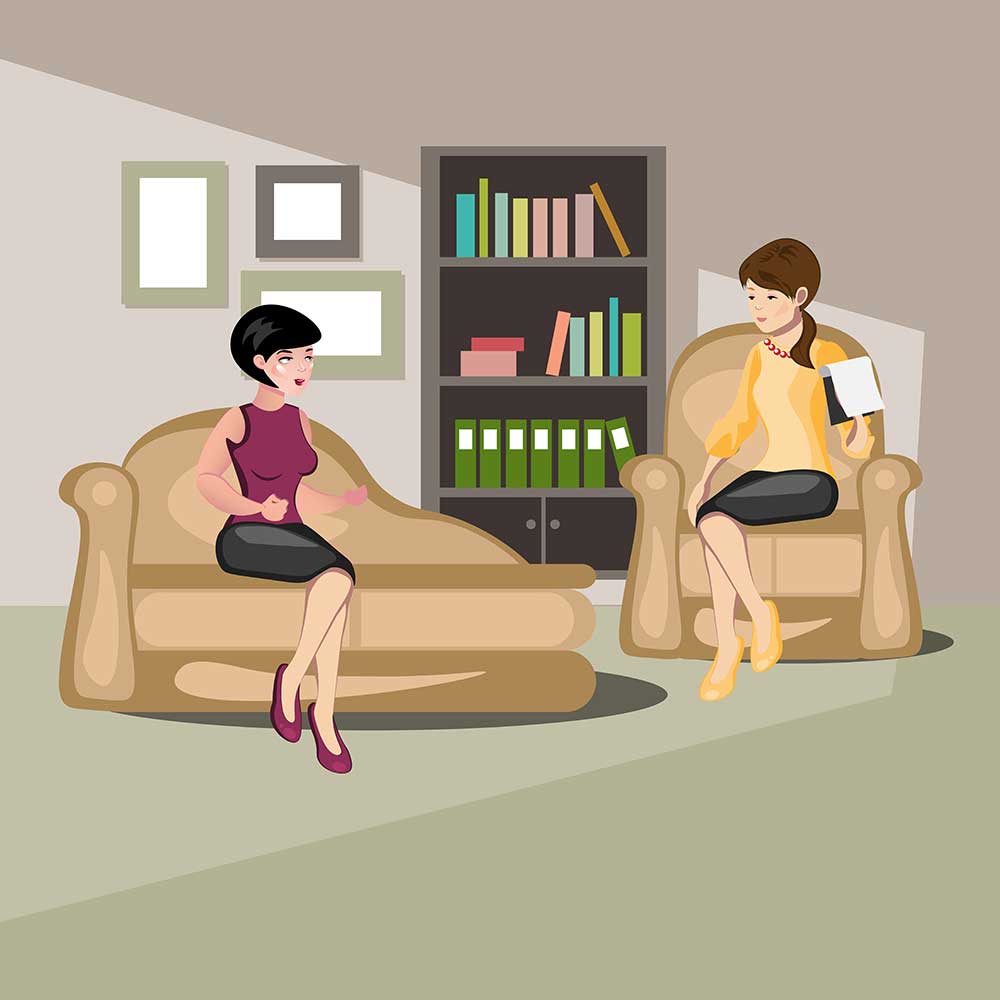ADHD Counselling
What is ADHD?

A closer look at ADHD
Sometimes it is difficult to tell whether someone is experiencing a normal level of distraction, restlessness or disorganization. Some people simply have more energy or have a little less of an attention span than others. So how does one honestly diagnose these traits from the symptoms of ADHD?
- ADHD symptoms happen often and for a prolonged period.
- ADHD symptoms happen in different places, both at home and at school
- ADHD symptoms result in significant challenges in relationships, daily activities, or learning disability
- ADHD symptoms produce a lot of stress
The precise cause of ADHD is, as yet, unclear, despite being the most commonly studied and diagnosed disorder in children and adolescents, but people with ADHD do show changes in the structure and chemicals in the brain. The indication is that it runs in families and may be affected by certain genes. Symptoms begin to appear in early childhood (around 12 years of age) and continue into adulthood. Common signs of this condition include difficulty paying attention to details, frequently making careless mistakes, a general lack of attention, appearing not to be listening, difficulty organizing tasks, and difficulty keeping track of belongings. When hyperactivity or impulsivity is included, frequent fidgeting, an inability to sit in one place, talking excessively, trouble waiting their turn, or intruding unexpectedly on others, can be added to the list.
How we can treat ADHD
There is currently no cure for ADHD, but there are several approaches, which includes ( at times combining medication with different types of therapy, changes in the environment, and extra support at school and/or home. Understandably, parents of an ADHD child are concerned about which treatment is right. Every case is different. As with many other disorders, it is important that parents watch the behaviour of their child when a new medication has been prescribed. Many medications have side effects that may include loss of appetite, headaches, stomach aches, to tics or twitches, and trouble sleeping. These side effects may go away after a few weeks, or, if not, the doctor can adjust the dose.
Gaia Counselling
At Gaia Counselling, we believe that each person has the power to heal themselves. We are honoured to take that journey with you.
What are our clients saying:
Our Services
ADHD Therapy
Children and young adults who suffer from Attention Deficit Hyperactivity Disorder struggle with their interactions with others and the environment around them.
Anxiety Therapy
Almost everyone experiences general anxiety throughout their lives. People may develop any of a variety of related disorders if they experience it frequently.
Depth Therapy
The goal of depth psychology is to discover the root cause of your difficulties by exploring your subconscious mind, feelings, thoughts, and behaviors.
Dreamwork Therapy
Based on the premise that dreams can embody messages from the subconscious, this approach aims to heal physical, mental, and emotional issues.
Emotional Focused Family Therapy
This therapy strives to create a feeling of trust, respect, and communication between members of a family.
Focusing-Oriented Therapy
FOT is a collaboration and a secure and empowering way for the client to bring new perspectives for surmounting their challenges.
Mood Disorders
Mood disorder is an emotional mental state. In most cases, it manifests as periods of extreme happiness, extreme sadness, or moving from one mood to another.
Psychedelic Integration
Psychedelic therapy is a form of psychotherapy that can be used to understand psychedelic experiences, to process them, and to integrate them into your daily life.
Shamanic Work
With shamanic work, you will be able to discover your own spiritual resources and strengthen your connection to the spirits.
Trauma/PTSD Therapy
A psychiatric disorder known as posttraumatic stress disorder may affect people who have been exposed to traumatic events.
